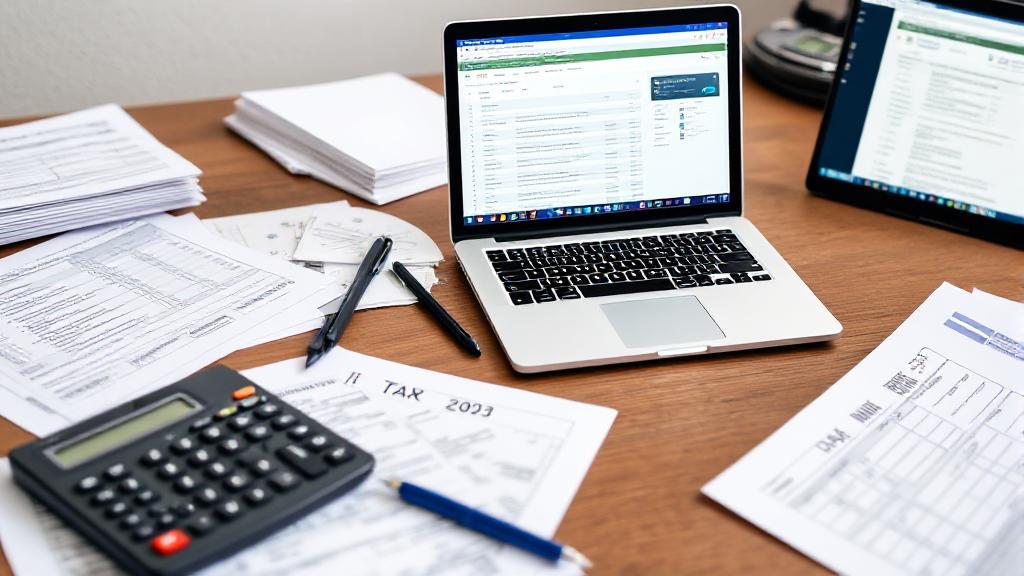Personal Information and Identification
Before starting your tax return, gather these essential personal documents:
- Social Security Numbers (SSNs) or Individual Taxpayer Identification Numbers (ITINs) for yourself, spouse, and dependents
- Valid government-issued ID
- Birth dates for all family members
- Bank account and routing numbers for direct deposit
- Prior year's tax return (recommended for reference)
Income Documentation
W-2 Forms
Employers must provide W-2 forms by January 31st, showing annual wages and tax withholdings. Collect W-2s from all employers if you worked multiple jobs.
1099 Forms
Various 1099 forms report different types of income:
- 1099-NEC: Independent contractor/freelance income
- 1099-INT: Interest earned from banks and investments
- 1099-DIV: Dividend income from stocks
- 1099-MISC: Miscellaneous income
- 1099-G: Unemployment compensation or state tax refunds
- 1099-R: Distributions from pensions, retirement plans, or insurance contracts
- 1099-B: Proceeds from broker transactions
Deduction and Credit Documentation
Home-Related Documents
- Mortgage interest statements (Form 1098)
- Property tax receipts
- Home office expenses (if applicable)
- Record of estimated tax payments
Other Common Deductions
- Charitable donation receipts and acknowledgment letters
- Medical and dental expense records
- State and local income tax payments
- Educational expense documents (Form 1098-T)
- Student loan interest statements (Form 1098-E)
- Childcare expenses and provider's tax ID number
Business Records (If Self-Employed)
- Business income records
- Receipts for business expenses
- Vehicle mileage logs
- Home office measurements and expenses
- Business asset purchases
- Quarterly estimated tax payment records
- Bank statements and invoices
Investment and Retirement Information
- Investment account statements
- IRA contribution records (Form 5498)
- HSA contribution records
- 401(k) and other retirement account statements
- Investment sale records for capital gains/losses
- Cryptocurrency transaction records
Healthcare Documentation
- Form 1095-A (if insurance purchased through Healthcare Marketplace)
- Form 1095-B or 1095-C (showing health coverage)
- Medical expense receipts
- HSA or FSA contribution and distribution records
Pro Tip: Create a dedicated "tax folder" at the beginning of each year to collect these documents as they arrive, making tax season less stressful.
Digital Organization and Record Retention
Consider using IRS-approved tax preparation software to streamline the filing process. Keep tax records according to these guidelines:
- General tax records: 3 years from filing date
- Employment tax records: 4 years
- Property records: Until property is sold + 3 years
- Bad debt claims: 7 years
- Loss claims: 7 years
For detailed information about tax documents and requirements, visit the IRS website or consult with a tax professional. Remember that state tax requirements may differ from federal ones, so check your state's specific documentation requirements.
